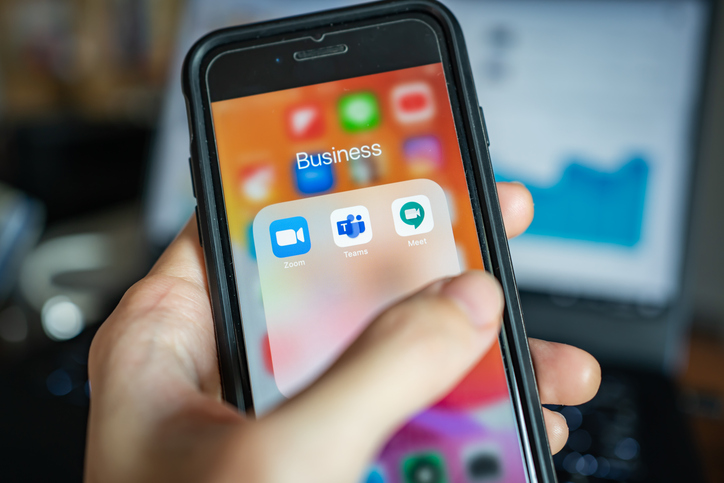26 February 2004 A UK Parliamentary report on software purchasing has called for tougher negotiations with big companies such as Microsoft and wider use of open source software.
The Public Accounts Committee (PAC), which produced the report, praised the Office of Government Commerce for squeezing better than expected savings from Microsoft.
These, along with deals signed with Sun Microsystems, IBM Lotus, Corel and Oracle, have already saved £49 million on software licences, with potential savings totalling of £100 million overall between 2002 and 2005.
But the PAC urged public sector buyers to “keep up the momentum by renegotiating with suppliers” and to consider open source software as a “viable alternative to existing software suppliers”, even on the PC desktop.
Open source alternatives such as the Linux operating system are already in “widespread use” in server applications and further adoption would “open up the marketplace to wider competition and potential improvements in value for money”, the spending watchdog said.
But such a move is dependent on current trials proving the software is “practical, particularly in respect of integration with existing systems”.
Richard Granger, director general of NHS IT, is expected to meet with Microsoft CEO Steve Ballmer next week to discuss a deal said to be worth several hundred million pounds over the next 10 years.
Granger told The Times that Microsoft was “talking about making specific products for the health sector”, converting software such as Office “into a look and feel that would be appropriate for clinicians”. Such a platform for medical professionals would be the “first of its kind”, he said.
However, such bespoke software is likely to be based on a version of Microsoft’s forthcoming Longhorn operating system, which is not expected to be released until 2006 at the earliest.









